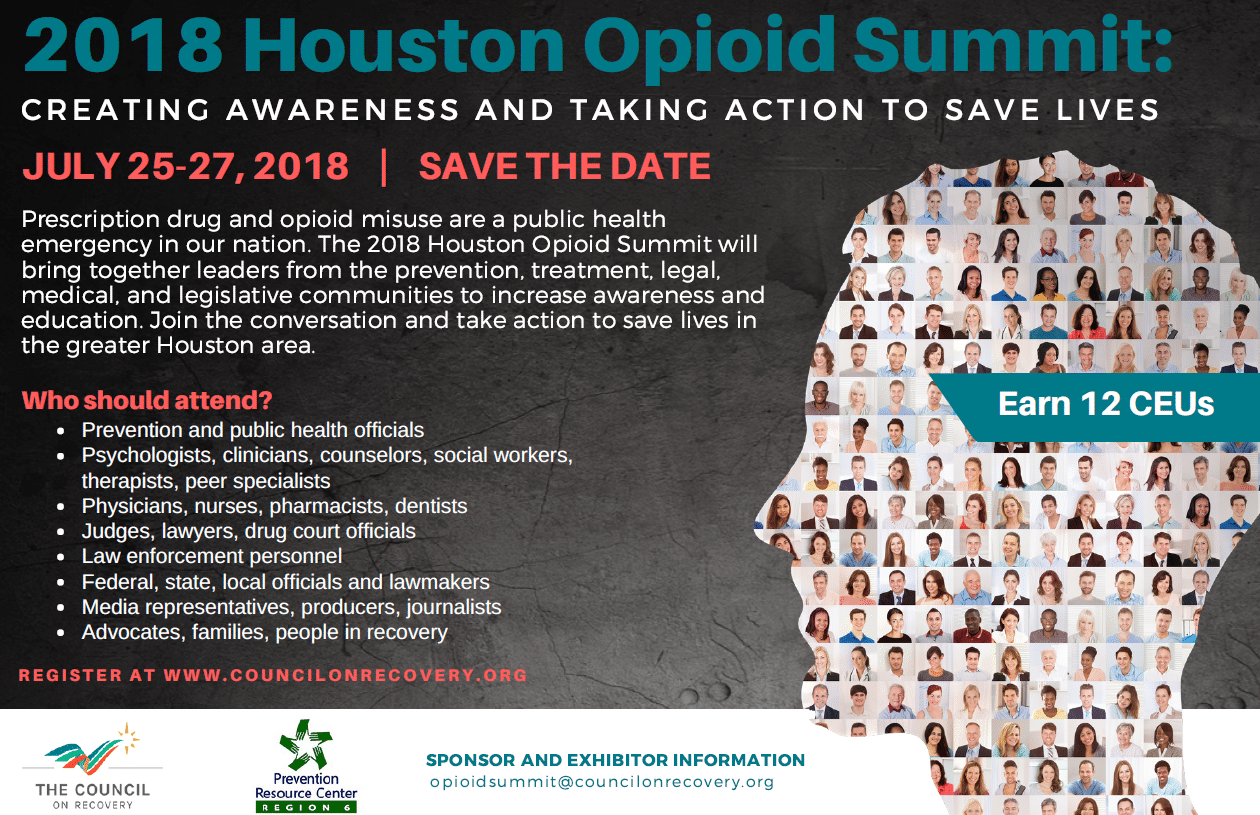Guest Blogger and long-time Council friend, Bob W. presents Part 33 of a series dealing with Alcoholism and Addiction from a Mystical, Mythological Perspective, reflecting Bob’s scholarly work as a Ph.D. in mythological studies.
In the years up to the Civil War, the young American Nation struggled mightily over the horrific experience of Slavery. The governance principle over this issue beginning with the first Congress in 1790 was that its lawfulness was solely an issue for that each State to decide for itself. But, as the Nation grew rapidly, new states were being added all the time and a great concern arose in Congress about the balance of power between the slave states and free states. In 1850, a Compromise was reached allowing California to be admitted to the Union as a free state. The primary offset for the slave states was the enactment of the Fugitive Slave Act which made it a crime for anyone in a free state to harbor a fugitive slave and required the law enforcement agencies of all states to prosecute all such offenders. Fugitive slaves captured in this process were not accorded any rights, just returned to their original slave masters in the South.
The novelist, Toni Morrison, won a Pulitzer Prize in 1988, for her story, Beloved, about a woman, named Sethe, living in Ohio in the 1870’s in the aftermath of the Civil War. She is haunted by events 20 years earlier, when, as a fugitive slave living free in Ohio, she is found by bounty hunters working for her former slave master. In a desperate act at the time, she murders her daughter rather than risk that she be chained to a life in slavery. Written in the heavy African American dialect of the time and with complex character development, this is a very powerful story. Most importantly, though, it carries a profound psychical energy about the presence of slavery in our American Heritage, a condition which has influenced our history in so many powerful and tragic ways for so many centuries.
From our perspective here, I see this tale as a wonderful example of the power of story to convey the mythos of a horrific history. For all of us, the multitudinous, disastrous experiences of our active life in the disease were equally horrific. Breaking free from these conditions required extreme measures. Faced with the recurring experience of unspeakable behaviors in our alcoholic lives, we got to the point where something inside of us, some element of our imbedded addict, had to die. Such action was necessary to prevent further disasters. Just as Sethe kept her daughter from slavery and the United States finally outlawed the practice of keeping slaves, a fundamental change in ourselves was critical. Doing whatever it took became necessary to avoid the likelihood that our life would continue to descend into an abyss of slavery-like conditions, each of us entirely enslaved to the masters that are alcohol and drugs.

 Major July 25-27 Summit to Gather Multi-Sector Experts to Confront Opioid Crisis & Forge Solutions
Major July 25-27 Summit to Gather Multi-Sector Experts to Confront Opioid Crisis & Forge Solutions